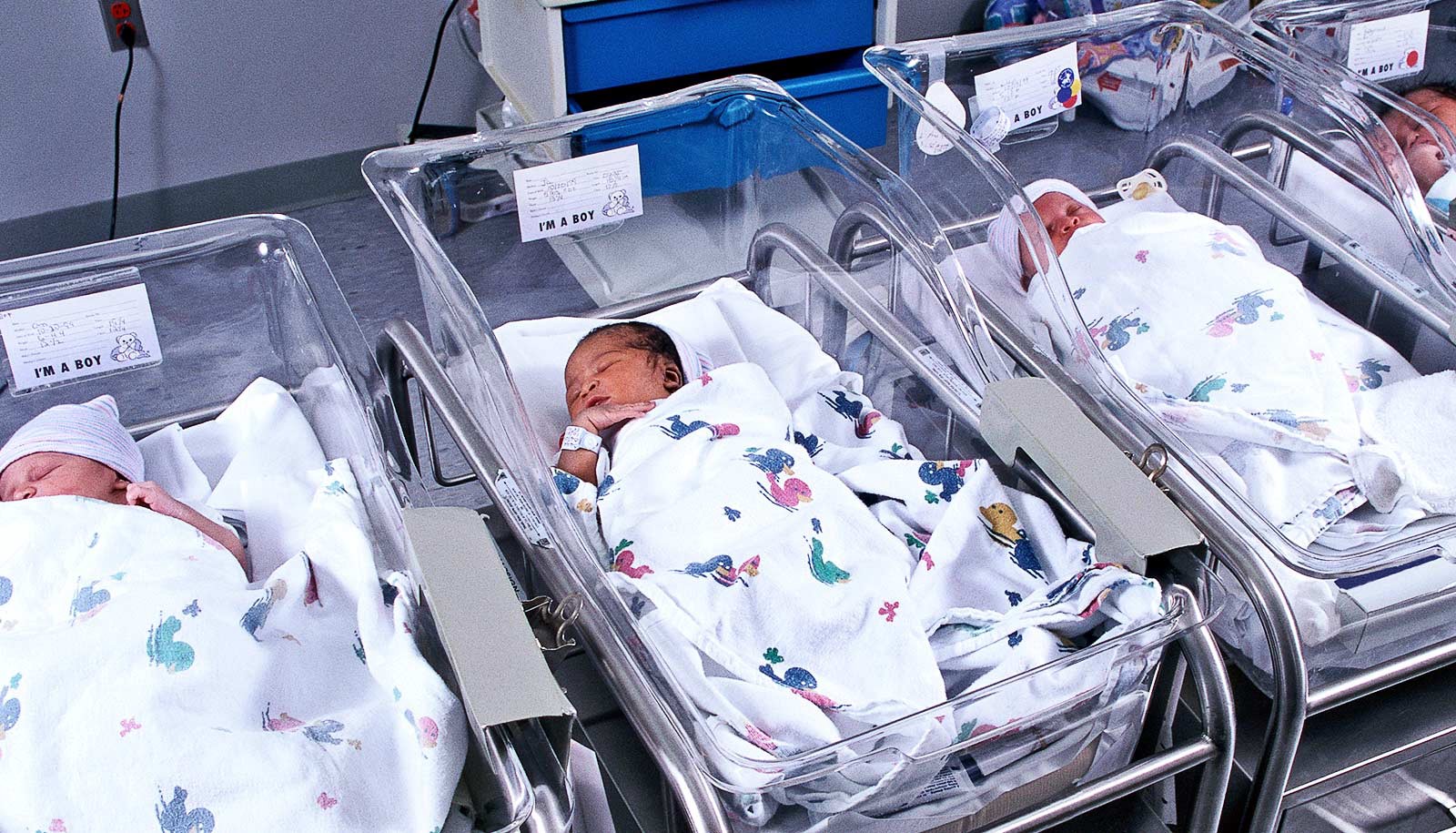Without consent, anything is immoral; why should childbirth be an exception?
The premise of this problem is pretty simple: during childbirth, a child is brought into the world without its prior consent. As such, childbirth is immoral.
Why is consent so important? Because consent is the bedrock of morality in most cases. You kill someone without their consent, it’s murder. You have sex with someone without consent, it’s rape. You take someone’s possession without consent, it’s theft. Almost all the actions taken without prior consent is considered immoral. If that is true, why would childbirth not be immoral?
The two rebuttal that I have so far received from people on this goes as below:
1) You cannot consider childbirth immoral as there is no possible method of taking the consent of a child prior to its birth.
2) A child doesn’t have the ability to consent as the right to consent is not conferred upon a human until it reaches adulthood. As such, the question of taking a child’s consent to be born becomes moot.
However, both of these arguments are moot.
Firstly, not having a method of gaining access does not make non-consensual action moral. Suppose you have a dog which you want to penetrate. There is no method of taking the consent of the dog. However, this does not make penetrating the dog moral. Even if there is no method of taking consent, non-consensual action is immoral.
Secondly, non-consensual action with a non-adult human is not moral either. Consider a minor with whom you want to have sexual relationship. According to the previously stated proposition, the child does not have the right to consent or not to consent. However, having sex with the child would still be immoral, whether she consents or not. By the same logic, giving birth to a child even though it cannot consent cannot be moral.
Then there are pragmatic objections to this proposition of anti-natalism. If we don’t give birth to children, what will happen to the human race? Won’t we be extinct?
Firstly, if an immoral action is required for existence, then existence is deplorable. If, as the Aztecs believed, human sacrifice was necessary for the well being of the society, that doesn’t mean that killing a human is moral or just. Also, consider if for some reason (say, a disease) all women became unwilling to have sexual relationships. Which means that the species would go extinct if the males don’t engage in rape. Would that make rape moral? Of course not.
Secondly, would it be an entirely negative thing if humans were to become extinct?
Humans are nothing more than parasites on this planet that can easily be considered an evolutionary mistake. Nature has produced a species that is detrimental to its own existence. All the other species of living beings contribute positively to nature, whereas humans harm it consistently. If humans were to go extinct, the earth would definitely become a better place.
Also, humans are the only animals that have a conscience. As such, we have a moral obligation to avoid all that is immoral, even if will result in our extinction. Procreating and giving birth to a child without its consent may fit an animal who cannot help it, but it doesn’t fit a species that is able of philosophical reasoning.
Now, let’s look at the literature on and against anti-natalism and discuss their merits and demerits.
Smuts (2014) argues that if someone lives a life worth living, then bringing them into existence is not a net loss. He refutes the argument of David Benatar, who claims that childbirth is immoral because it exposes a person to a possibly painful life, and says that if a person’s life is not painful, it is worth bringing them into being.
However, it is impossible to foretell if the life of a person after being born would be painful or worthwhile. If we give birth to a child with the presupposition of a good life, we would possibly expose her to a terrible life, the pain of witnessing the demise of their loved ones, and the agony of her own death. Even if we say that the goodness or the badness of her life is uncertain, we cannot act upon that uncertainty as that would be equivalent to raping someone under the uncertainty of their enjoyment of the act of the intercourse. Surely, rape based on uncertainty is still unjust.
Singh (2012) on the other hands puts forth three solutions to the problem. She says that procreation might be all-things-considered permissible because it is permissible for parents to harm a child by having created her if they subsequently offer her adequate compensation. This is also an unacceptable solution as providing compensation after the fact does not make the action itself permissible or moral. Providing a rape survivor with compensation after the crime, no matter how substantial, does not legitimize the action of the rape.
Therefore, the rebuttals against anti-natalism do not stand. As such, the only logical conclusion is that giving birth to children cannot be considered moral or just.
References
Smuts, A. (2014). To Be or Never to Have Been: Anti-Natalism and a Life Worth Living. Ethical Theory and Moral Practice, 17(4), 711–729. Retrieved from http://www.jstor.org/stable/24478599
Singh, A. (2012). Furthering the case for anti-natalism: Seana shiffrin and the limits of permissible harm. South African Journal of Philosophy, 31(1), 104–116. Retrieved from http://ezproxy.cul.columbia.edu/login?url=https://search-proquest-com.ezproxy.cul.columbia.edu/docview/1014187112?accountid=10226
Singh, A. (2018). The Hypothetical Consent Objection to Anti-Natalism. Ethical Theory and Moral Practice, Volume 21, Issue 5, pp 1135–1150. Retrieved from http://ezproxy.cul.columbia.edu/login?url=https://search-proquest-com.ezproxy.cul.columbia.edu/docview/1014187112?accountid=10226
